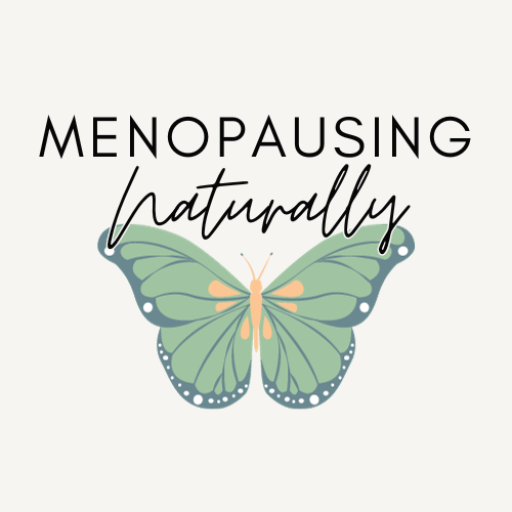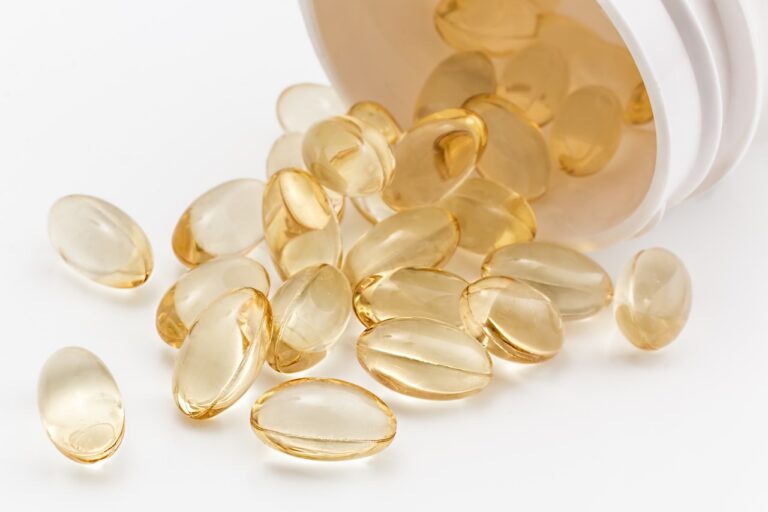Vitamin D In Menopause: 5 Benefits
Menopause is a natural biological process that marks the end of a woman’s menstrual cycles, typically occurring in the late 40s or early 50s. This stage of life brings significant hormonal changes that can affect overall health. Among the essential nutrients that play a crucial role during menopause is Vitamin D. This article explores the importance of Vitamin D for menopausal women, its benefits, sources, and recommended intake.
Understanding Menopause
Menopause signifies the end of fertility and is diagnosed after 12 consecutive months without a menstrual period. The transitional phase leading up to menopause, known as perimenopause, involves fluctuating hormone levels, particularly estrogen and progesterone. These changes can lead to various symptoms such as hot flashes, night sweats, mood swings, and increased risk of osteoporosis.

The Role of Vitamin D
Vitamin D is a fat-soluble vitamin essential for maintaining overall health. It is unique because it can be synthesized in the skin through exposure to sunlight. Vitamin D plays a critical role in various bodily functions, including bone health, immune support, and mood regulation, making it particularly important for menopausal women.
Benefits of Vitamin D for Menopausal Women
1. Bone Health
One of the most well-known benefits of Vitamin D is its role in promoting bone health. During menopause, the decline in estrogen levels can lead to decreased bone density and an increased risk of osteoporosis. Vitamin D helps maintain bone health by enhancing the absorption of calcium and phosphorus from the gut, which are essential minerals for bone formation and maintenance. Adequate Vitamin D levels can help reduce the risk of fractures and bone loss in menopausal women.
2. Immune Support
Vitamin D is vital for a healthy immune system. It modulates the immune response and helps protect against infections and chronic diseases. Menopausal women may experience changes in their immune function, making them more susceptible to illnesses. Maintaining adequate Vitamin D levels can support the immune system and help fend off infections.
3. Mood Regulation
Hormonal fluctuations during menopause can lead to mood swings, anxiety, and depression. Vitamin D is believed to play a role in brain health and mood regulation. It influences the production of neurotransmitters such as serotonin, which affects mood. Adequate levels of Vitamin D can help improve mood and reduce the risk of depression during menopause.
4. Cardiovascular Health
Menopausal women are at an increased risk of cardiovascular diseases due to hormonal changes. Vitamin D has been shown to have a positive effect on cardiovascular health by regulating blood pressure, reducing inflammation, and improving endothelial function. Maintaining adequate Vitamin D levels can contribute to heart health and reduce the risk of cardiovascular issues.
5. Weight Management
Weight gain is a common concern during menopause due to hormonal changes and a slower metabolism. Vitamin D can aid in weight management by regulating the storage and use of fat in the body. Studies have suggested that adequate Vitamin D levels are associated with a lower risk of obesity and better weight control.
Sources of Vitamin D
To ensure adequate Vitamin D intake, menopausal women should consider the following sources:
- Sunlight: The skin produces Vitamin D when exposed to sunlight. Spending 10-30 minutes in the sun several times a week can help maintain adequate levels.
- Food Sources: Fatty fish (such as salmon, mackerel, and sardines), fish liver oils, egg yolks, and fortified foods (such as milk, orange juice, and cereals) are good dietary sources of Vitamin D.
- Supplements: Vitamin D supplements can help maintain adequate levels, especially for those with limited sun exposure or dietary intake. It is advisable to consult with a healthcare provider before starting supplements.
Recommended Intake
The recommended daily allowance (RDA) for Vitamin D varies by age and life stage. For women over the age of 50, the RDA is 600-800 IU (International Units) per day. Some experts suggest higher doses for optimal health, but it is essential to avoid excessive intake, which can lead to toxicity.
Vitamin D is a vital nutrient for menopausal women, offering numerous health benefits, including supporting bone health, immune function, mood regulation, cardiovascular health, and weight management. Ensuring adequate Vitamin D intake through sunlight, diet, and supplements can help manage menopausal symptoms and maintain overall health. As always, it is important to consult with a healthcare provider to determine the appropriate intake for individual needs.





